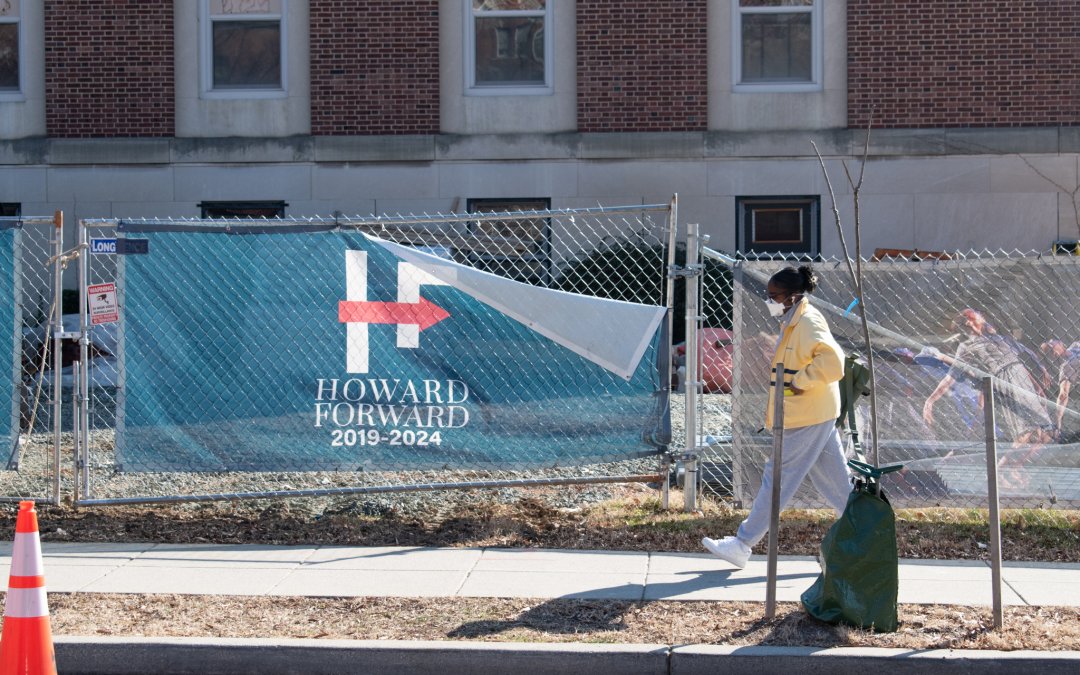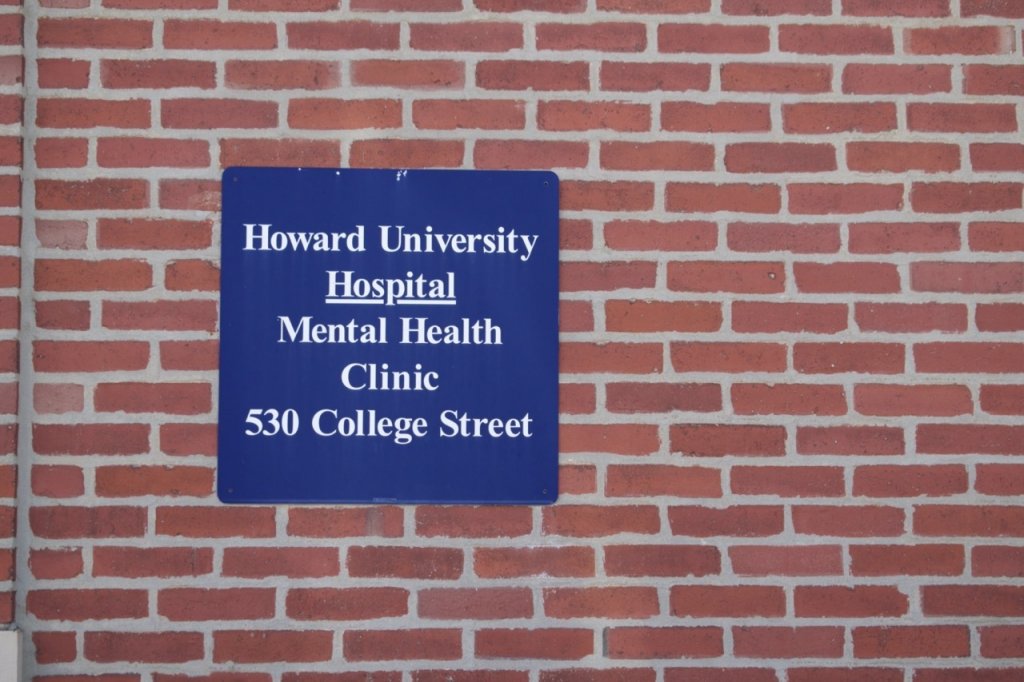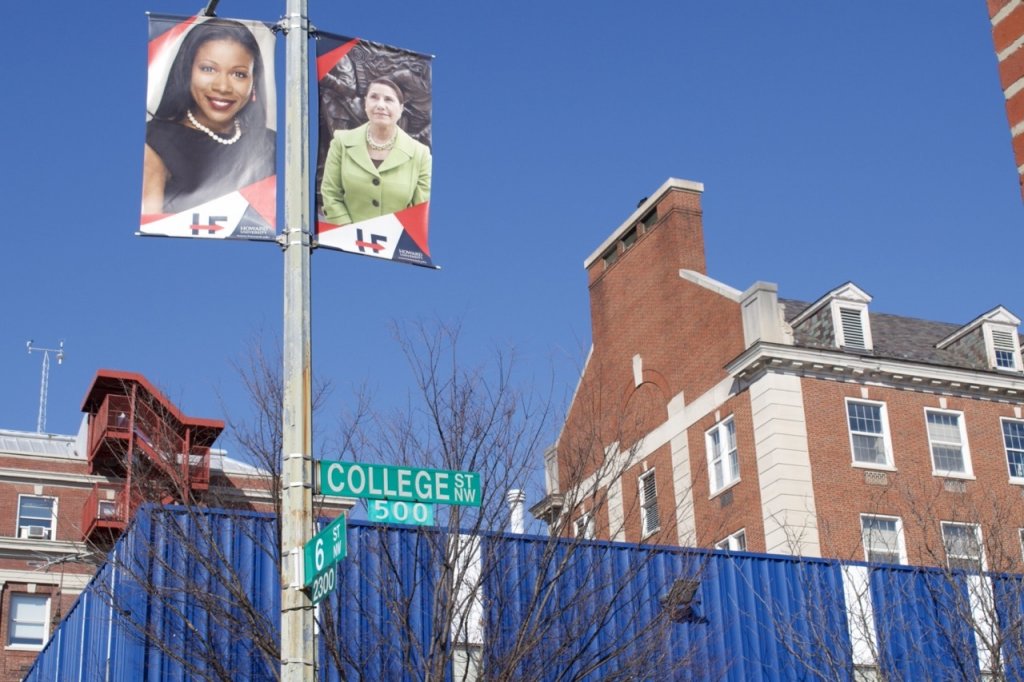WASHINGTON—At 3 a.m. on the first day of Black History Month, Spelman College, an Atlanta-based HBCU, received its second bomb threat of the year.
Six hours later, Spelman junior Sophia Parker found out about the threat through an email sent by the school.
At noon, Parker went to class on campus.
“My high school had a lot of bomb threats, so I kind of was used to false threats that weren’t actually going to happen,” Parker said. “Because the first one happened, I just had a gut feeling, like, it’s some kids. Probably some racist white kids being cruel and targeting HBCUs.”
Parker’s instincts weren’t far off. A day later, the FBI identified six juveniles as persons of interest in bomb threats sent to at least 17 HBCUs in February. These threats followed the ones made in January when most students were not yet on campus.
On Feb. 8, Spelman received a third bomb threat, prompting them to close campus and cancel classes for the day. Two days later, Spelman junior Zoë Huey said no one on campus was talking about the threats. The third threat, Huey said, felt predictable. Students across the HBCUs say life on campus has largely returned to normal—though they still want the threats to be taken seriously.
“There’s very much a sense we’ve been desensitized to this kind of violence, not just Spelman specifically but what the U.S. has been facing,” Huey said. “It’s normal for us to hear about these sort of things, and it’s unfortunate that we’ve gotten so used to it and we can go about our lives two days later as if this threat didn’t happen.”
“Should we have to be resilient?”
Bomb threats against Black institutions aren’t new. Many students said they weren’t surprised by the threats—and that they automatically thought they were hate crimes or motivated by white supremacy.
“In this country, we have a long history of Black people being terrorized just for being successful,” said Leslie Jones, an HBCU alumna who founded the Hundred-Seven, a website promoting HBCUs.
Jones pointed to a civil rights era nickname for Birmingham, Alabama: “Bombingham,” due to the local Klu Klux Klan terror campaign against Black residents moving into segregated white neighborhoods. Fifty bombings occurred between 1947 and 1965 alone.
The first college owned and operated by Black people, Wilberforce University, had several buildings damaged by arson in 1865. Lemoyne-Owen College was burned to the ground during the Memphis Riot of 1866, which killed 46 Black people and injured almost 300 more. Both institutions still operate today.
“Historically we have these stories, ‘Yes, we’re resilient, we want to continue our education.’ But at the same time, should we have to be resilient to get an education?” Jones said. “It’s not a fair expectation of Black people as they continue to be mistreated and attacked just for basic things, and then think, ‘OK, we’re going to rebound from it.’ Yeah, we will, but we shouldn’t have to rebound in the first place.”
Students of the moment
When her school shut down, Bowie State University sophomore Niyah Norton’s first thought was an active shooter. When she found out it was a bomb threat, she was “slightly relieved.”
“In high school, I actually went through an active shooter incident. I won’t say I had PTSD from it, but it was very traumatizing,” Norton said, adding that she knew it would be difficult for her to evacuate safely from her fifth-floor apartment. “I guess I kind of panicked, like, oh, no, not again. But once I heard it was a bomb threat, I was like, it’s not gonna happen.”
Rondez Green, a senior at Bowie State, said his school district in Maryland, like Parker’s, experienced numerous shooting and bomb threats.
“It’s very sad to see the way it is just normalized to live under constant threats of violence and targeted hatred,” said Green. “It’s just honestly really embarrassing. It’s very embarrassing.”
Green wishes people would consider the connections between episodes of violence and the marginalization and othering of minority communities.
“You hear a lot the day of, throughout the fallout of the event. But no one asks about it again,” Green said. “It doesn’t seem like there’s conversation on what this means in the consistent pattern of political violence in this country and acts of oppression.”
On the importance of HBCUs
Advocates say HBCUs provide students with the opportunity to learn about history often whitewashed in classrooms, especially at a time when Republicans have launched a coordinated attack on teaching race in schools under the term “critical race theory.”
“HBCUs have been able to fill that gap and provide students a better understanding of their history, and not have history that is is this glamorized slave story like some movie or show, but the true movement,” said Alyssa Canty, director of youth programs at a democracy watchdog group called Common Cause.
Parker said she chose an HBCU in part because she felt she could learn more about Black history. She feels HBCUs allow her to learn about traumatic historical events in a safe space.
“Even though I went to a very diverse high school and I’ve always been around great teachers, I still didn’t get the full story at all. Black history is American history,” Parker said. “We built this country quite literally, so not teaching it to its fullest extent is only going to produce more racist, ignorant, bigoted people.”
Without HBCUs, Jones said there would be a “severe vacuum” in not only higher education, but in society as a whole.
“There are some amazing things happening daily on the campus of an HBCU,” Jones said. “Realistically, if there weren’t great things happening on HBCU campuses, they wouldn’t be calling any bomb threats in the first place.”
The threats haven’t stopped: Howard University received its fourth bomb threat this year on Valentine’s Day. Less than two hours after the shelter-in-place order was put into effect, students received an “all-clear” message.
“happy vday,” one 19-year-old Howard student wrote on Twitter in response to the alert.




